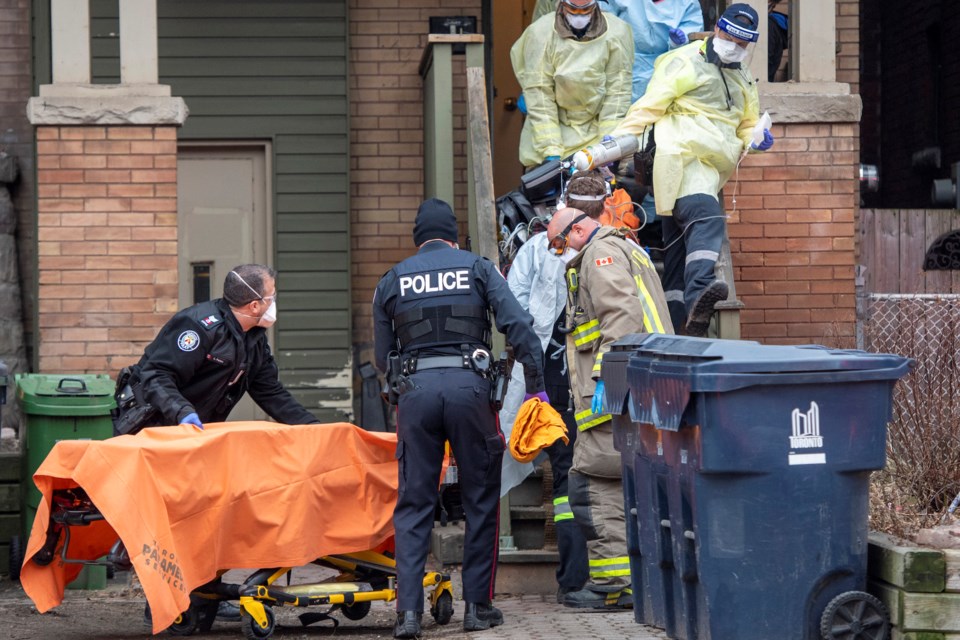Four years ago today, in June of 2019, Ontario marked PTSD Awareness Day for the first time, making it a historic moment for mental health awareness in the province and in the country. Not only does PTSD Awareness Day help raise awareness, it also helps those who suffer move past stigma, isolation, and helplessness and towards resources, understanding and, ultimately, the road to recovery.
But to truly mark PTSD Awareness Day and properly thank first responders for their service to our communities, governments at all levels are responsible for being there for our first responders, just like first responders are there for all of us.
The Police Association of Ontario (PAO) is committed to ensuring that we advocate for our members and build multi-stakeholder partnerships and relationships at all levels to ensure that system change takes place. We know firsthand the trauma that first responders deal with daily, if not hourly.
While post-traumatic stress can affect anyone, first responders are at heightened risk of developing operational stress injuries, including PTSD, with one in five first responders developing PTSD in their lifetime.
To help manage the toll, the job can have on mental health, the right supports must be in place – not only for the benefit of first responders, but for their families as well.
Governments need to move past the kind words of support to concrete action for first responders in this country. Those are greatly appreciated, but first responders in Canada need governments to provide mental health support for those who are there for us when we call.
Currently, in Canada, some great non-profit organizations work to provide vital mental health services to first responders and their families, but more needs to be done. While first responders across the country are thankful for this important work, they can’t only rely on those charitable organizations for help. They need a more systematic approach to addressing mental health.
Earlier this year, the announcement of the Runnymede Healthcare Centre’s development as Canada’s first-ever dedicated PTSI Centre of Excellence was a welcomed step in that direction. First responders were reassured that this could be the start of a generational project to ensure our Ontario communities have the support they need for years to come.
This came from a group of people championing Ontario’s first responders and securing the necessary investments to help move this project forward. But we can’t stop here.
Provincial and local governments across the country, as well as the federal government, can take leadership from the people working to bring Runnymede to first responders in Ontario and apply those lessons and programs across the country. Governments need to be more purposeful about supporting mental health.
Following the pandemic, jobs in all sectors saw an increase in PTSD at work — while people are isolated, dealing with increased mental health challenges, and the toxic drug crisis heightening, first responders see more and more traumatic incidents at work.
And we need to be there for them like they’re there for us.
Much more needs to be done to support the women and men who answer the call daily to ensure the safety, security and wellness of our communities and community members. And it can start today on PTSD Awareness Day.
Mark Baxter is president of the Police Association of Ontario



